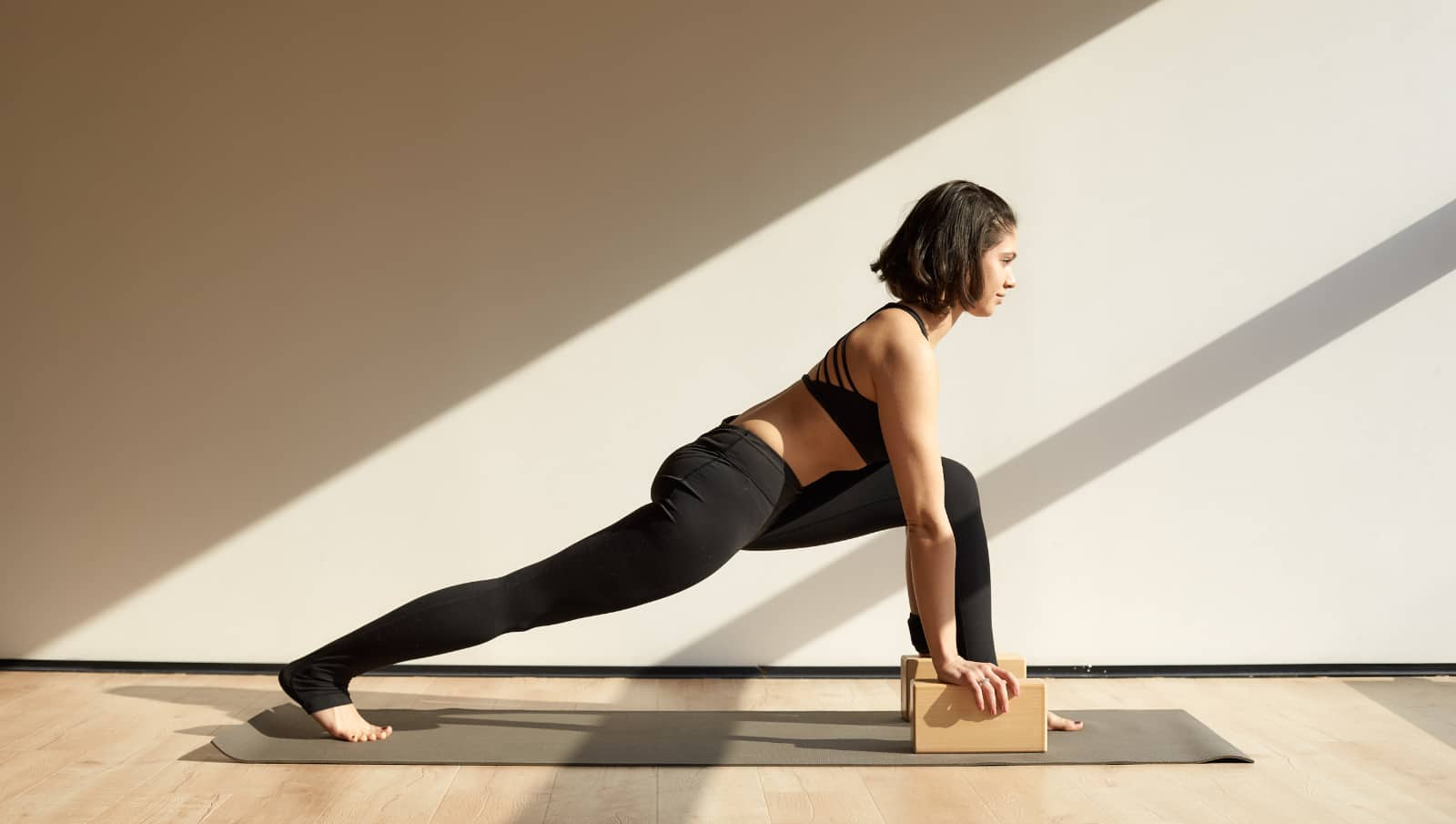
Can I exercise with endometriosis?
With endometriosis affecting between two and ten percent of women, you may want to know whether you can exercise with endometriosis.

With endometriosis affecting between two and ten percent of women, you may want to know whether you can exercise with endometriosis.

Recent research suggests the COVID virus is having a detrimental impact on sperm production and sperm quality.
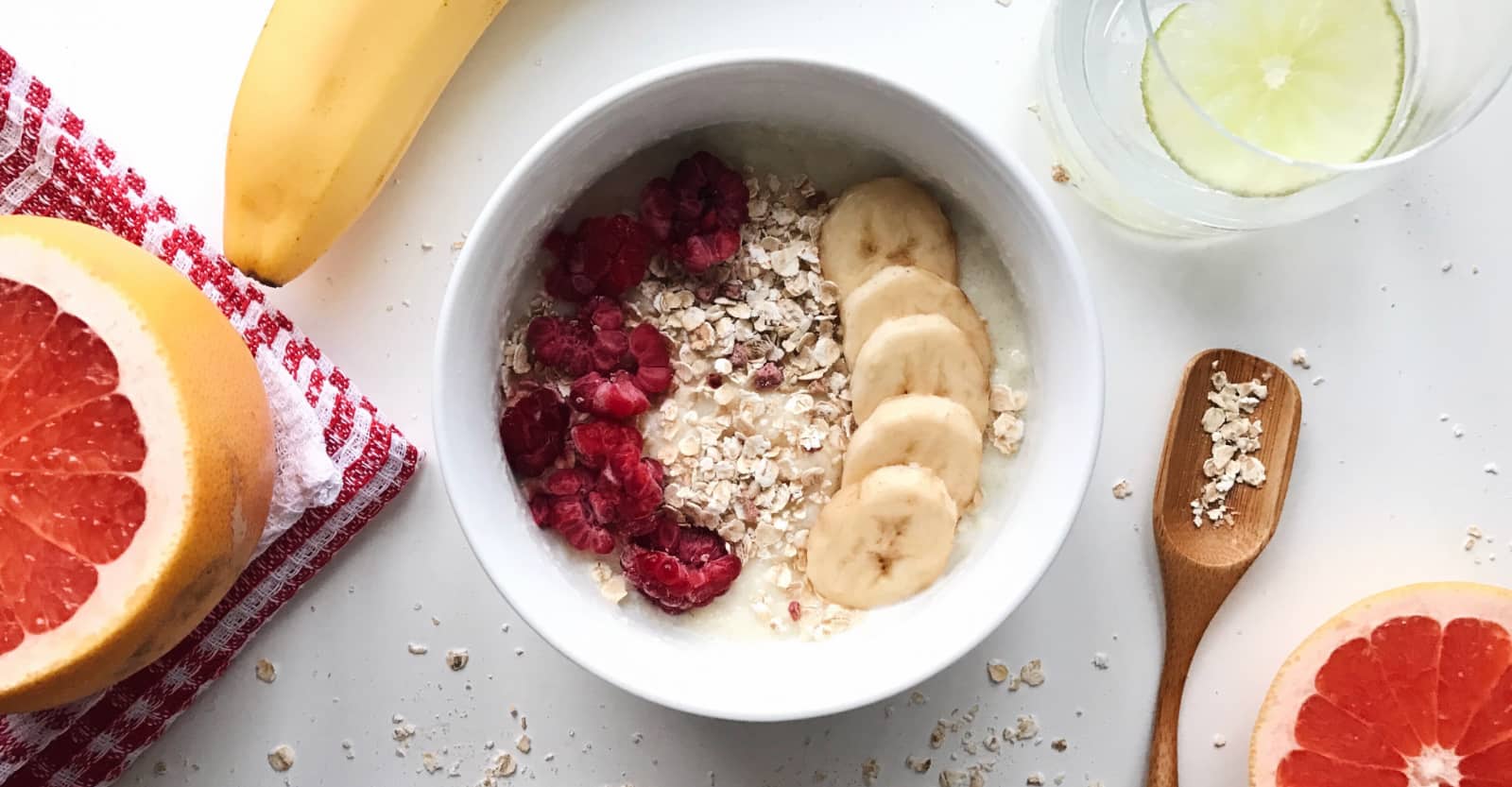
With a new year comes a renewed sense of diet and lifestyle goals, and these could just give you the push to
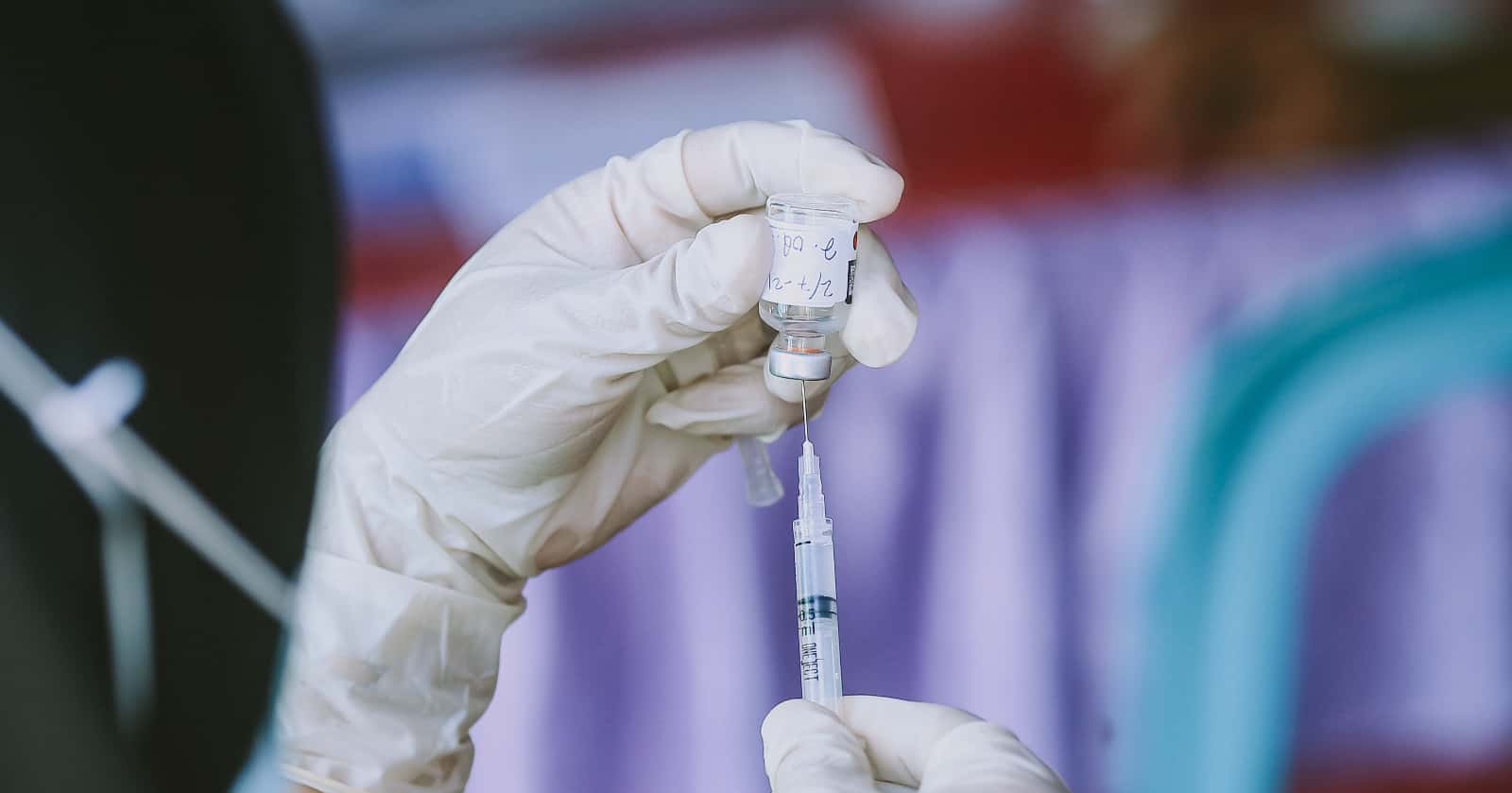
Reliable research from large cohort studies have found there is no increased risk of side effects among pregnant women who have received

Further research from the University of Georgia has revealed that in severe cases of men infected with COVID-19, testicular function may be
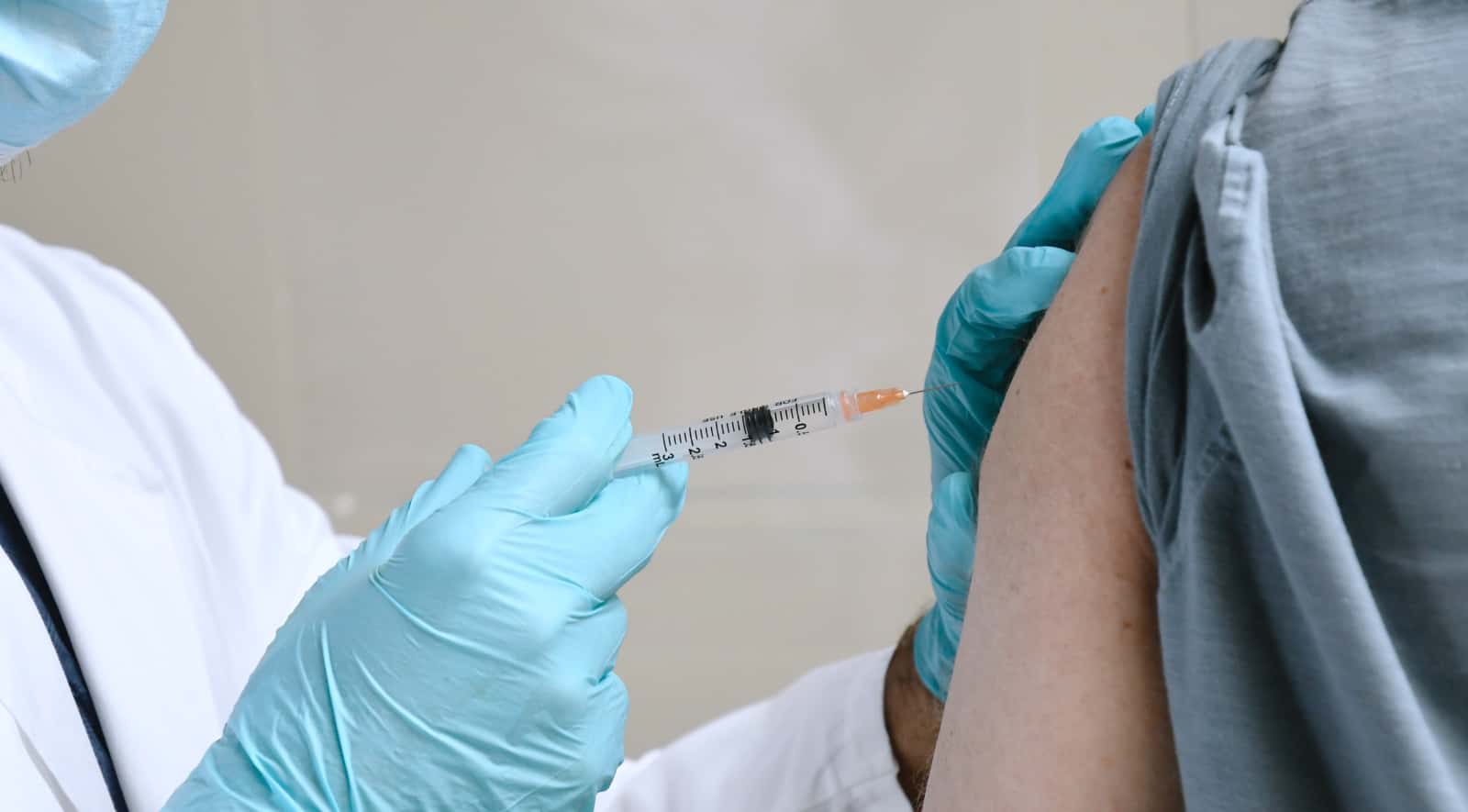
There has been a lot of misinformation circulating online during the pandemic, some of which is extremely dangerous for women who are
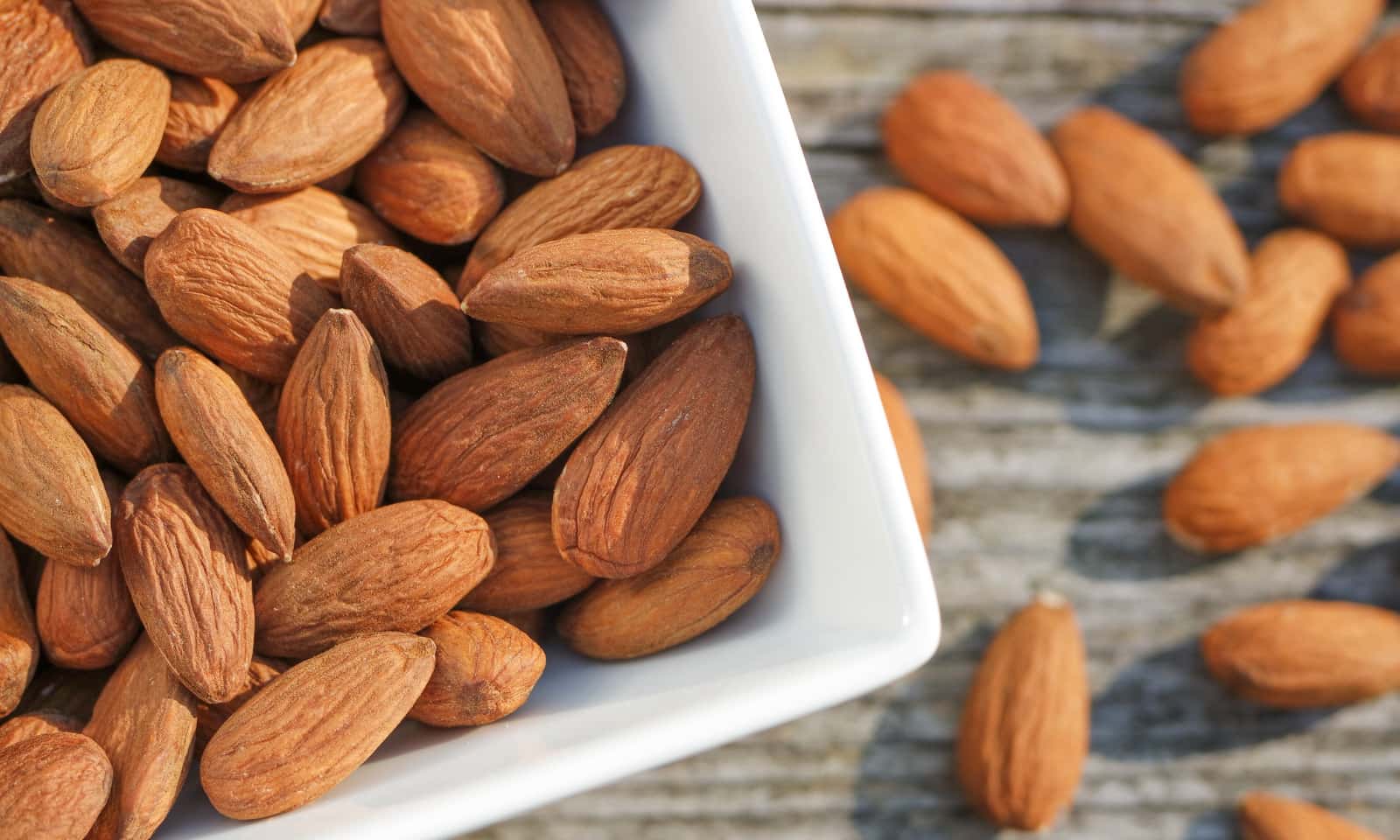
Mixed nuts are a popular snack served during the holiday period, so consider taking the opportunity to treat yourself while also consuming

Turkey is an excellent source of zinc, which has been linked to hormonal function and sperm physiology, as well as iron, which

Beetroot has shown to help improve blood flow to sexual organs in addition to supporting a healthy uterus for embryo implantation, making
Every story written here comes from Fertility First's Research Team, a group of scientists that doesn't just talk about the science behind fertility and reproduction, it lives and breathes it. Staffed by the doctors and scientists working behind the scenes at Fertility First, this team of dedicated embryologists, andrologists, and fertility experts collectively has over 40 years experience in the field.
Yes, chronic stress can impact fertility by disrupting hormonal balance and ovulation patterns. Managing stress through relaxation techniques, regular exercise, adequate sleep, and mindfulness practices may help optimise your chances of conception. Consider speaking with a counsellor if stress feels overwhelming.
Sperm health accounts for about 40% of conception challenges. Your partner can improve sperm health by maintaining a healthy weight, avoiding excessive heat exposure (hot tubs, saunas, tight clothing), limiting alcohol, quitting smoking, managing stress, and taking a multivitamin with antioxidants. Sperm takes about 3 months to develop, so lifestyle changes need time to show results.
Your fertile window typically spans 5-6 days, ending on ovulation day. For a regular 28-day cycle, this usually falls between days 10-15, with peak fertility 1-2 days before ovulation. Track your cycle using ovulation predictor kits, basal body temperature, or cervical mucus changes to identify your unique pattern. Having intercourse every 1-2 days during this window optimises your chances.